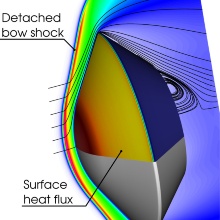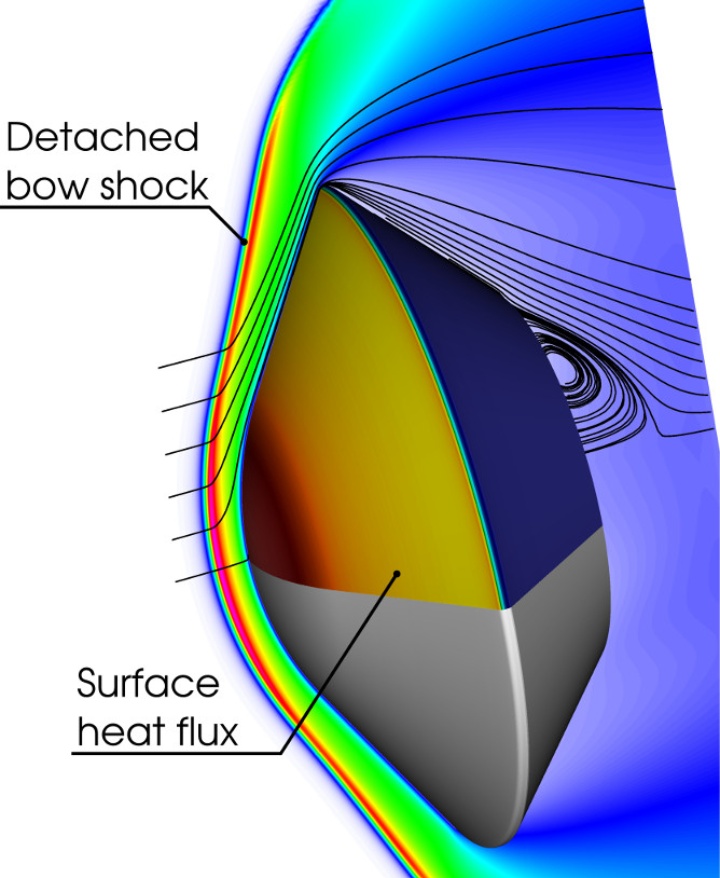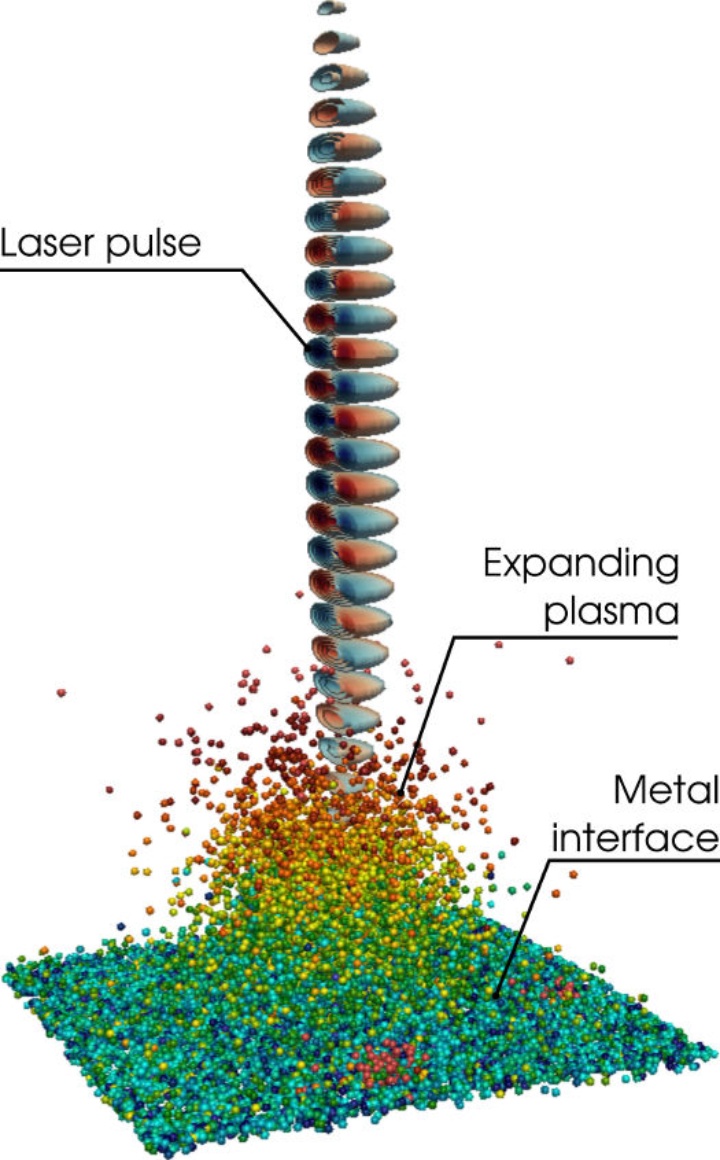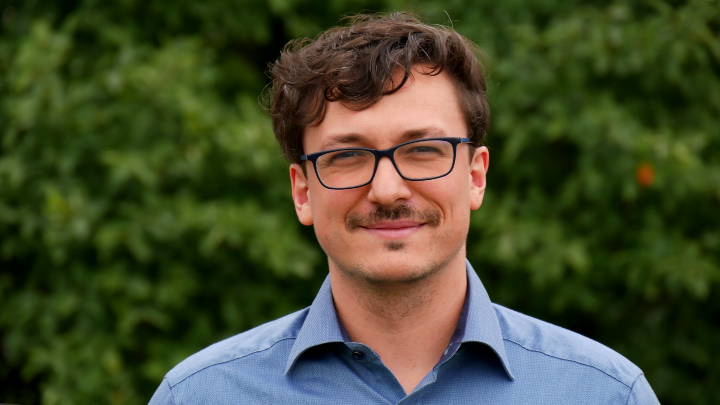European Research Council (ERC)
The European Research Council awards various grants for groundbreaking and visionary research which are aimed at researchers at various career levels. The so-called ERC grants are considered to be a flagship for the international competitiveness of universities. The MEDUSA project has now won such a grant.
The MEDUSA project
Non-equilibrium effects in gases and plasmas always occur when there are large local differences in ambient conditions, for example, when there are large temperature differences. Such effects are negligible for flows around a car or an airplane. However, if the differences become extreme, effects occur that cannot be described analytically or only with great effort. This is the case, for example, under the conditions "very hot" and "very fast", such as when a space capsule re-enters the Earth's atmosphere, or even with very small spatial dimensions, as in the micro- and nanofabrication of computer chips. Under these extreme conditions, many different components and parameters interact, making the simulations complex and only manageable on high-performance computers. This takes time and is expensive, which is why non-equilibrium effects are a problem especially in the industrial sector.
Against this background, the aim of the funded MEDUSA project is to develop stochastic, particle-based multi-scale methods for simulating gases and plasmas in thermochemical non-equilibrium. The aim is to raise the observation of the gas from the microscopic to the mesoscopic level, a middle range of visibility, which is located between the micro- and macrocosm. "Our goal is to achieve the precision of microscopic observation with the speed of macroscopic observation," explains Pfeiffer. This is an interdisciplinary project in which physics, mathematics, chemistry and computational science must be combined. The basis of the project is the open-source particle code "PICLas", which is to be extended. It was developed in a long collaboration between the Institute of Space Systems and the Institute of Aerodynamics and Gas Dynamics (IAG) at the University of Stuttgart with the support of the High Performance Computing Center Stuttgart (HLRS). Meanwhile "PICLas" is already used by various industrial partners and is the basis of "boltzplatz", a successful spin-off of the University of Stuttgart.
About Marcel Pfeiffer:
Dr. Marcel Pfeiffer studied physics in Jena. As part of his dissertation, he dealt with the non-equilibrium effects of gases and plasmas within the topic of space travel. Since 2016, he has been a PostDoc at the University of Stuttgart and is head of development of the open source code "PICLas".
to the HKOM Article: "Europäischer Triple-Erfolg für Universität Stuttgart"





